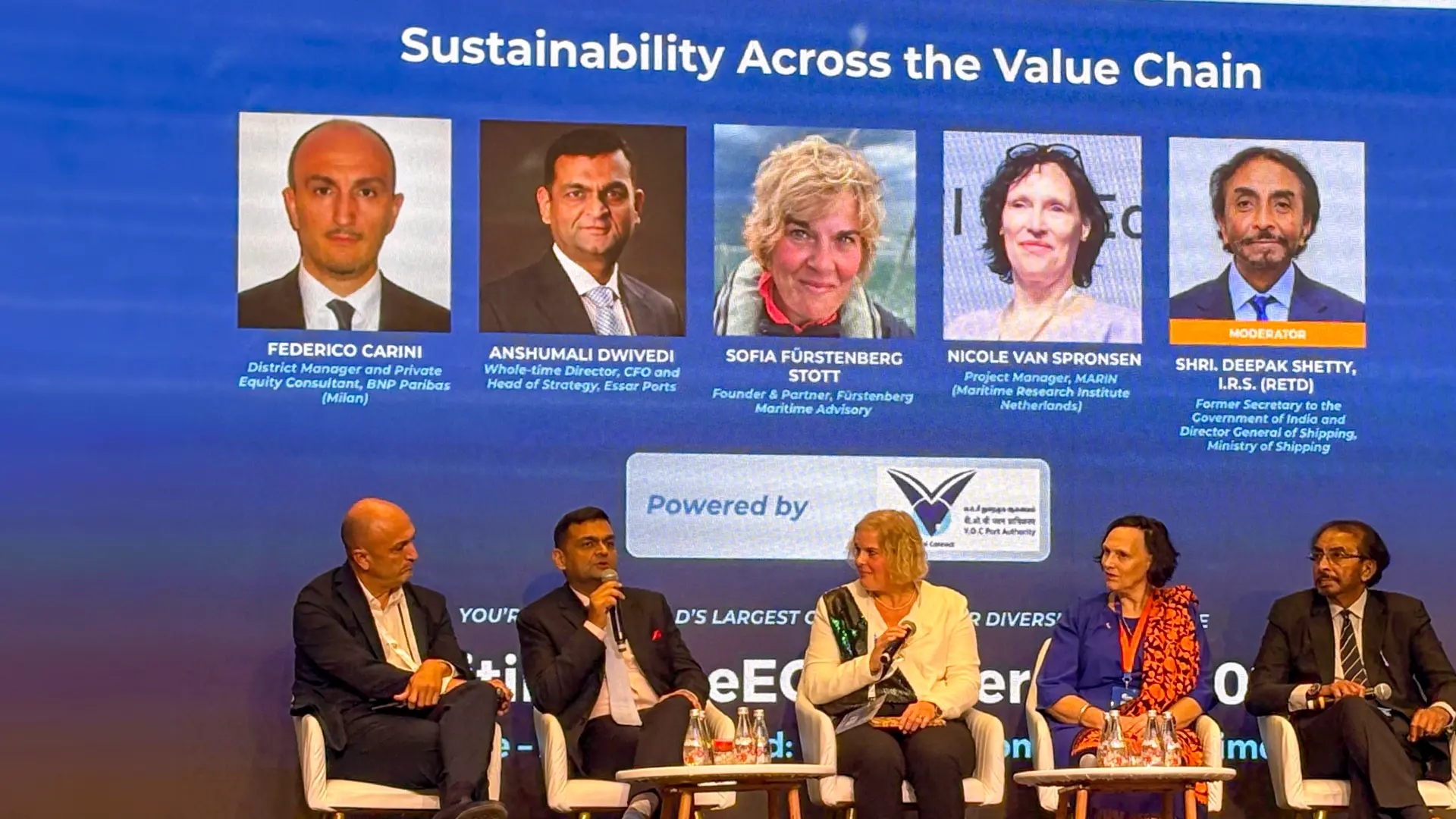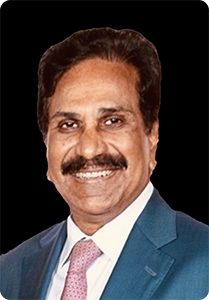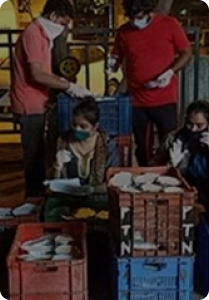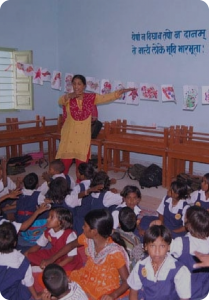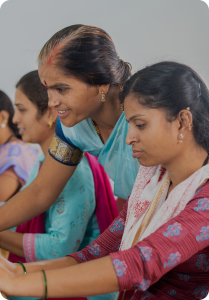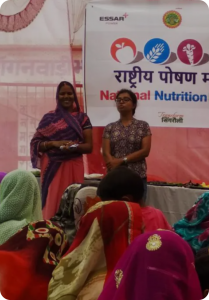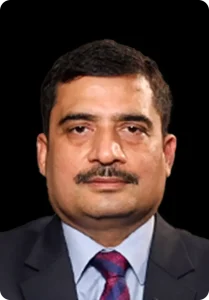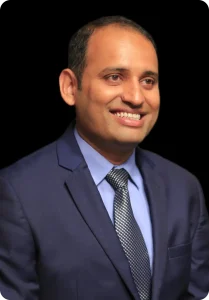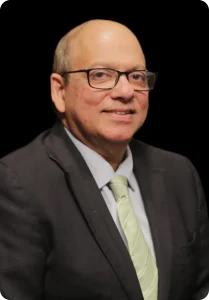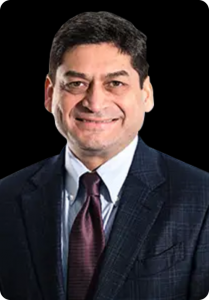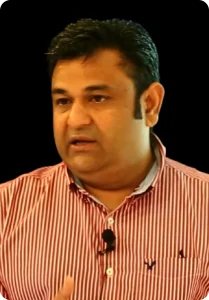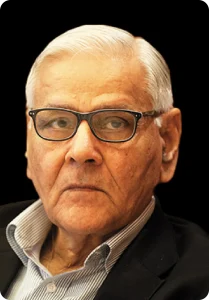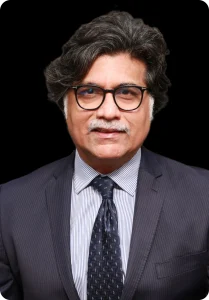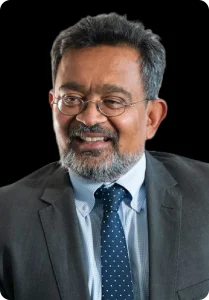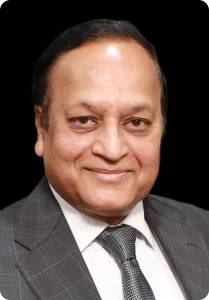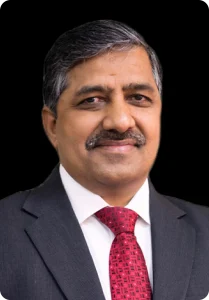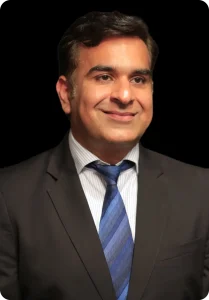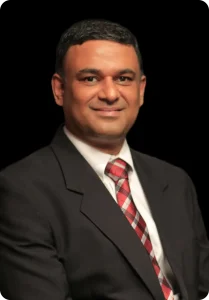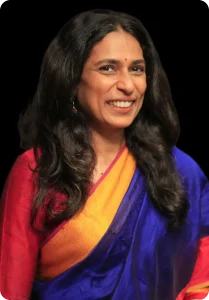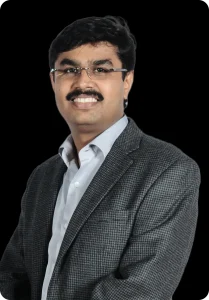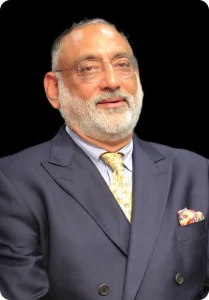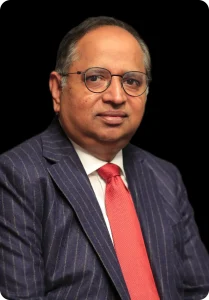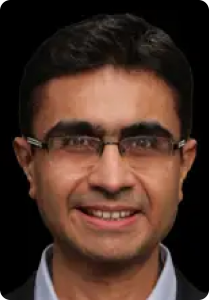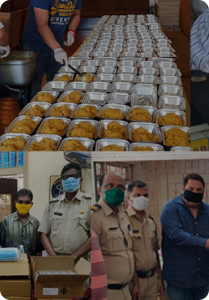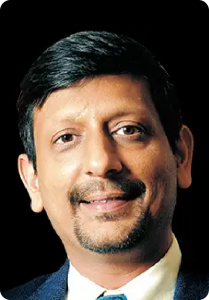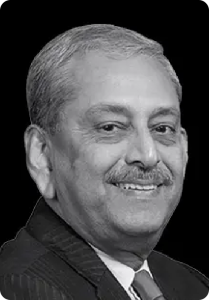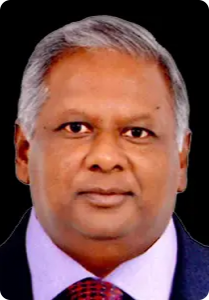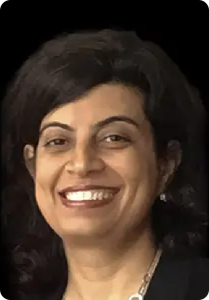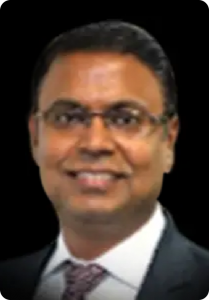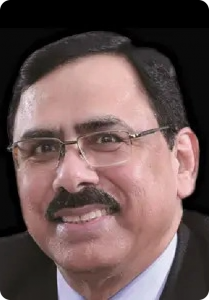Essar Ports was proud to participate in the Maritime SheEO Conference 2025, held in Mumbai as part of India Maritime Week. The event brought together global maritime leaders to celebrate women changemakers and to foster conversations around diversity, innovation, sustainability, and leadership — recognising those driving gender inclusion and transformation in one of the world’s oldest and most vital industries.
Mr. Anshumali Dwivedi, Whole-Time Director, CFO & Head of Strategy at Essar Ports, joined an eminent panel on “Sustainability Across the Value Chain” alongside industry leaders, policymakers, and sustainability experts.
The discussion was moderated by Mr. Deepak Shetty, I.R.S. (Retd.), Former Director General of Shipping, and featured distinguished panellists Ms. Sofia Fürstenberg Stott, Founder & Partner, Fürstenberg Maritime Advisory; Ms. Nicole Van Sponson, Project Manager, MARIN; and Mr. Federico Carini, District Manager and Private Equity Consultant, BNP Paribas.
Drawing from his rich experience across India and North America, Mr. Dwivedi highlighted that sustainability and profitability are not mutually exclusive. Instead, they represent a powerful synergy that drives long-term value creation.
“It’s not a trade-off when you go for sustainability; it’s a win-win,” he remarked.
Illustrating this with an example from Essar Ports’ operations, Mr. Dwivedi shared how the company’s fully mechanised coal terminal in Gujarat — located near a marine national park — implemented a solar power initiative to reduce energy consumption. The project not only cut power costs by one-third but also achieved a payback period of just two years, demonstrating how sustainable thinking can directly enhance operational efficiency and profitability.
Mr. Dwivedi highlighted the importance of viewing Environment, Social and Governance (ESG) as an integrated principle rather than in isolation. While government policies set the broader direction, he emphasised that industry-led innovation and bottom-up action are crucial to achieving tangible outcomes. He also pointed to the rise of green financing mechanisms, which incentivise sustainability by lowering the cost of capital for eco-friendly investments.
On governance and social responsibility, Mr. Dwivedi reiterated the need for strong compliance frameworks, responsible corporate conduct, and the creation of meaningful employment opportunities as part of a company’s broader social footprint.
He also spoke about Essar’s strategic green investments, including the development of a biorefinery in India and a hydrogen cluster in the UK, both aligned with global efforts toward decarbonisation and the energy transition.
Concluding his remarks, Mr. Dwivedi called for stronger environmental remediation norms in India, emphasising that industrial progress must not come at the cost of ecological health.
“True sustainability balances present needs with the long-term well-being of our planet.”
Through initiatives like these, Essar Ports continues to champion responsible growth, innovation, and sustainable practices, aligning with global ESG goals while contributing to India’s maritime excellence and economic progress.

